Brewing Hints: Brew for three to four minutes
Leaf: Larger Leaf (Broken Orange Pekoe)
Origin: The Keyhung Tea Estate in Northern India
Characteristics: A rich, strong and fragrant Indian Tea
Serving Suggestions: Most people prefer to drink Assam Teas with milk.
Buy Online - £2.77 – £23.94
 Click & Collect Available From Our Store
Click & Collect Available From Our Store
Orders placed before 12:00 pm available for collection next day*
*Orders placed after 12pm Friday will be ready for Monday. View terms
Product Description
Assam Broken Orange Pekoe Tea is the largest small leaf tea available that is manufactured using the CTC process. The term Broken ‘Orange’ Pekoe harks back to the Dutch Royal family, implying regal quality. Our Assam Broken Orange Pekoe is an excellent example of the tea-makers craft.
Assam is a state of India in the north-eastern region. It is to the south of the Eastern Himalayas and comprises the Brahmaputra Valley and the Barak river valleys, Karbi Anglong and the North Cachar Hills. It has an area of 30,285 square miles (approximately 14% the size of the UK). The principal goods produced in this area are tea, petroleum and silk.
Assam’s climate is perfect for producing tea. During the monsoon, as much of 10-12 inches of rain per day can fall with daytime temperatures rising to approximately 40 degrees Centigrade. This tropical climate is what gives Assam tea its unique flavour and pungent malty taste
The discovery of tea in Assam is attributed to a Scottish explorer / adventurer named Robert Bruce who apparently came across it growing wild in the year 1823 whilst trading in the region. He had noticed local tribespeople (the Singhpos) brewing tea from the leaves of the bush and arranged with them to provide him with samples of the leaves and seeds. However, he died shortly thereafter and it was not until the early 1830s that his brother Charles Bruce arranged for a few leaves from the Assam tea bush be delivered to Calcutta for formal examination. There finally the plant was identified as a variety of tea although different from the original Chinese version, Camellia Sinensis.
In 1834 the British East India Company was inaugurated to assess the commercial potential and the science behind the planting of Assam tea. The original members of the BEIC committee opted to follow closely the Chinese method of planting and manufacturing and this led to the importation of Chinese tea seeds that were used to displace the wild plant and the manufacturing methods used in Assam. However, a hybridised version of the indigenous tea plants proved to be the most successful in the Assam climate and topography.
Since approximately 1840 Assam tea has been cultivated over enormous areas of the state. Much of the land used to plant tea was seized from private landowners using the Wasteland Acts which would be illegal today. However 175 years later the majority of the land and the businesses that produce tea from it are Indian owned and are operating to good standards of ethicality. Although it is almost impossible to provide an accurate figure, I would speculate that India employs 1.5 to 2 million people directly and 2 million indirectly within the tea trade.
There are many quaint leftovers from history that are woven into tea culture in India, for instance the time on a tea plantation is perpetually an hour ahead of Indian standard time, it is called ‘Tea Garden Time’ or ‘Bagantime’. One of the most beautiful parts of the tea growing world, Assam, with its lengthy growing season and ideal rainfall is one of the most abundant tea producing regions in the world, having produced 958,620 metric tonnes in 2013.
Our Assam BOP is from Keyhung Estate which is owned by McLeod Russel and has a beautifully pungent strong, malty flavour. When I first tasted this tea from a long line of Assams it stood out well due to its flavour, the well-sorted leaf and a certain something that I tend to refer to as character.
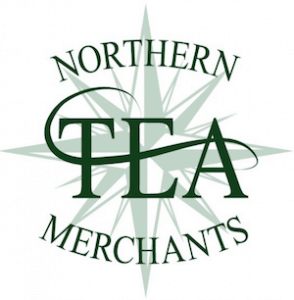
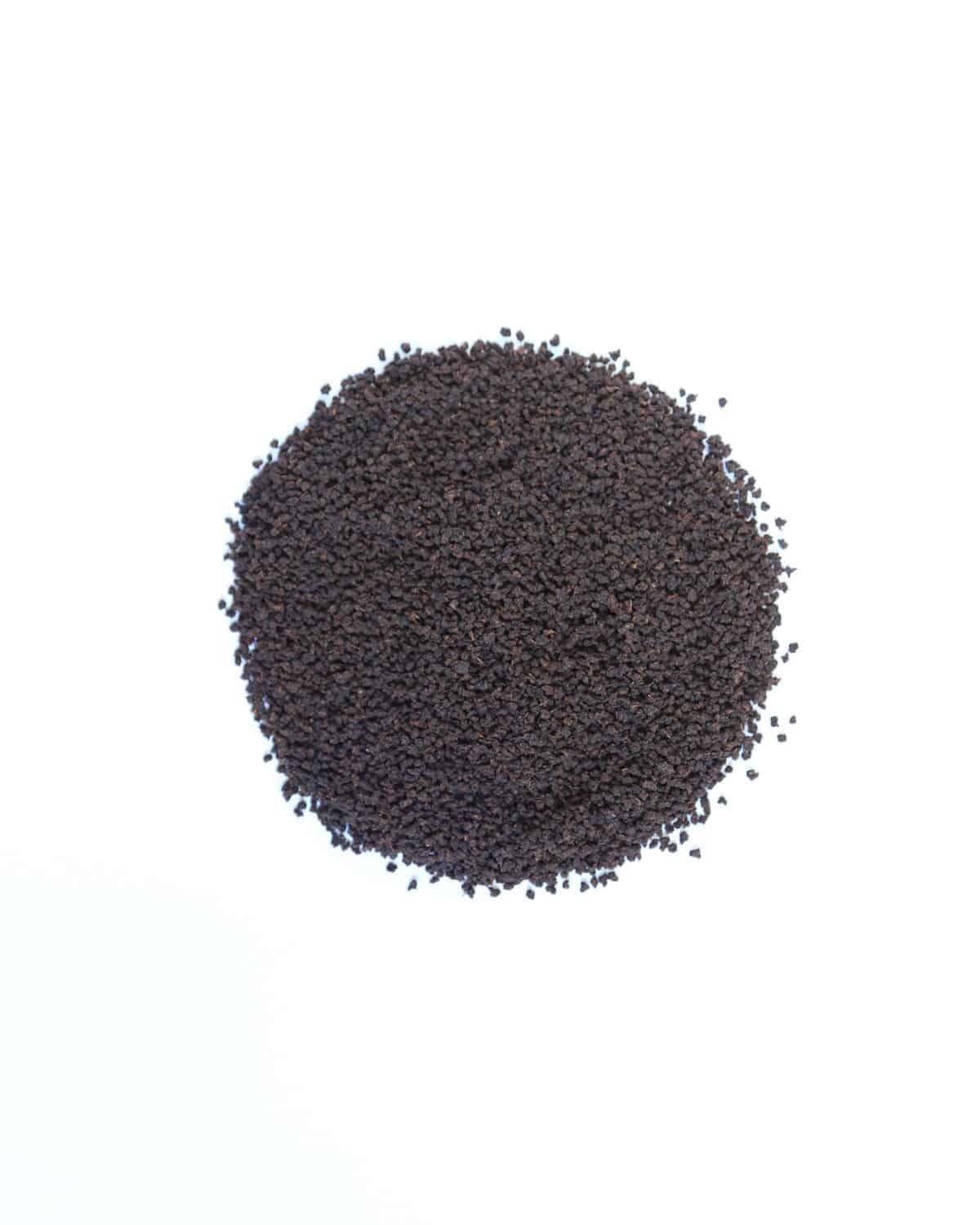
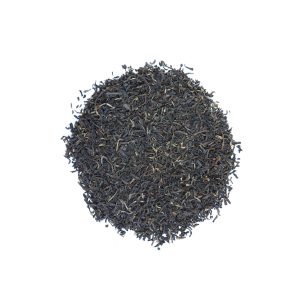
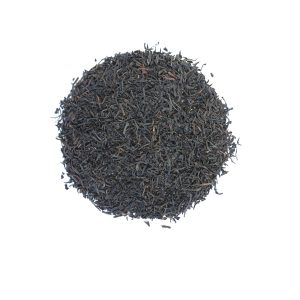
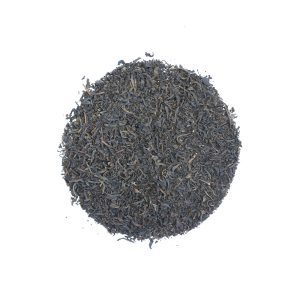
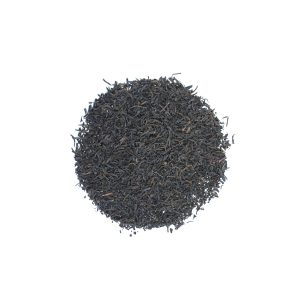
Reviews
There are no reviews yet.